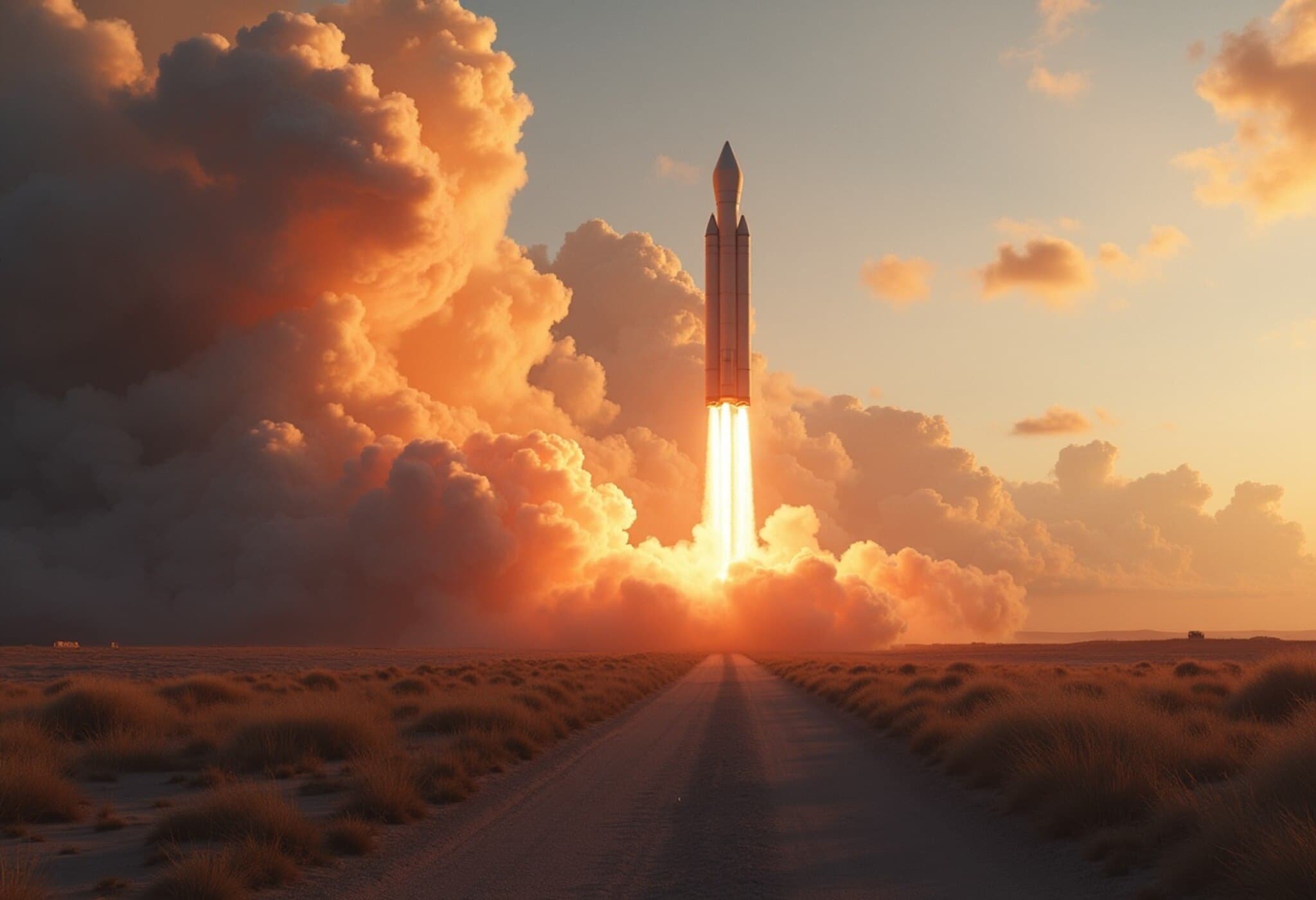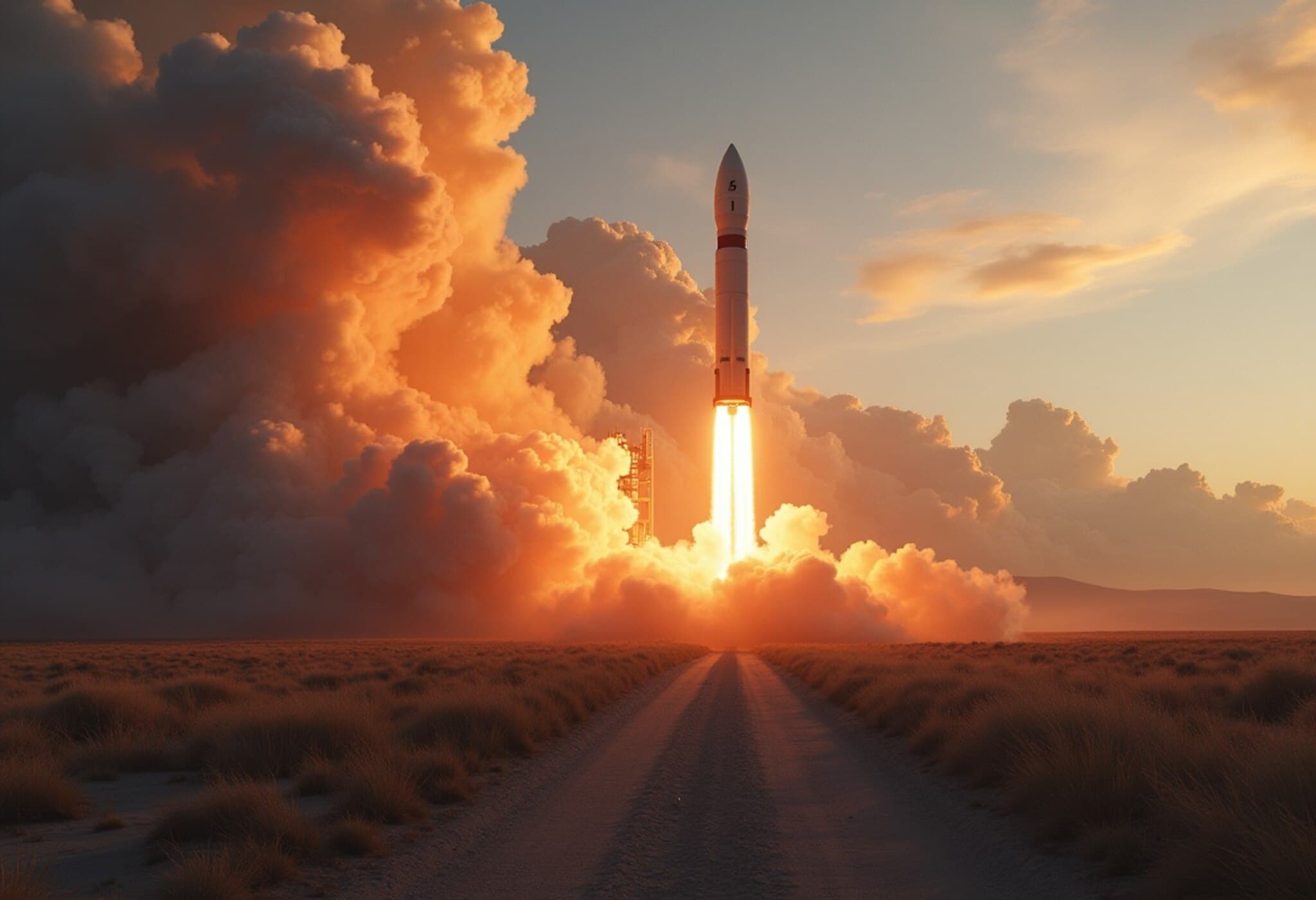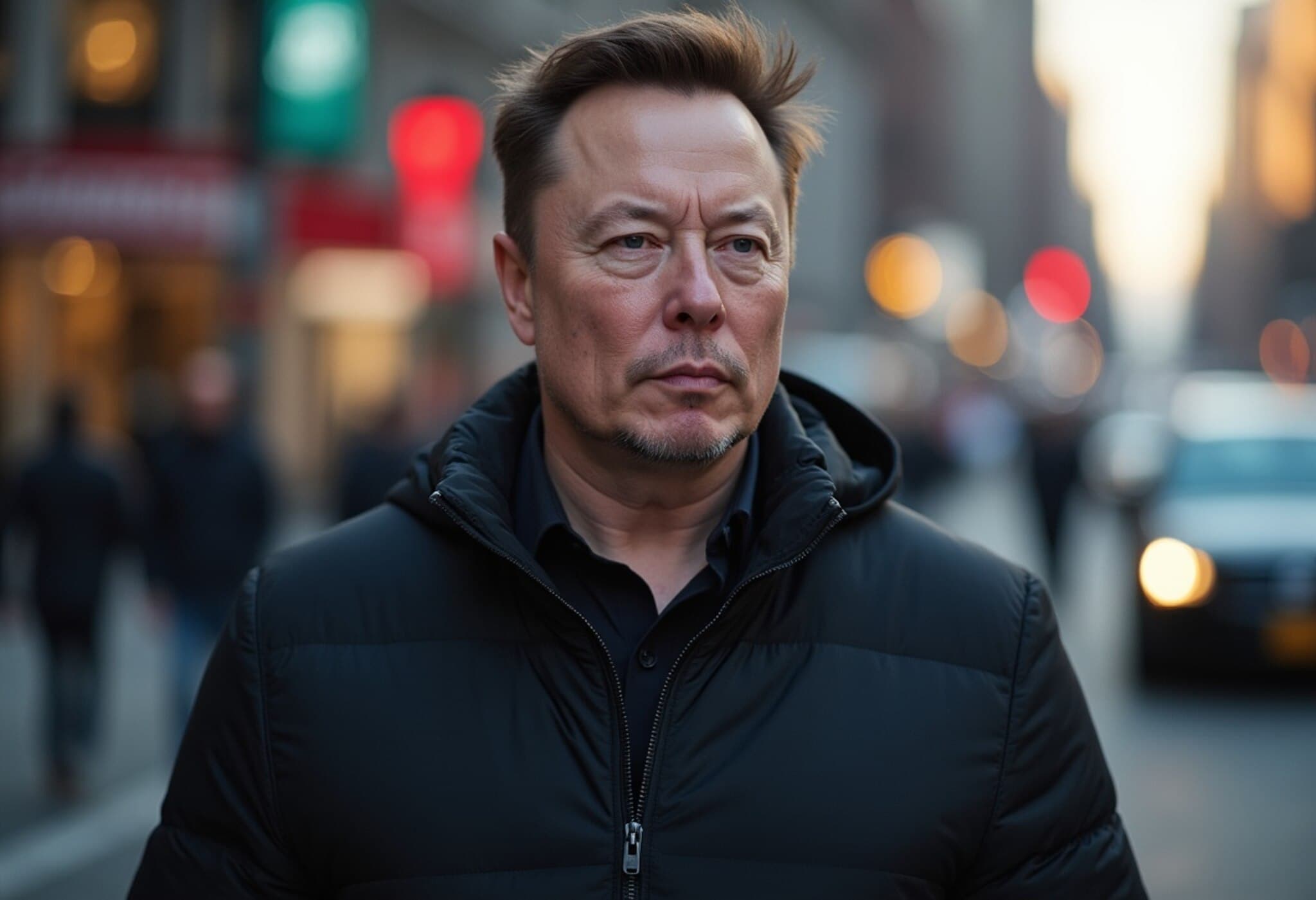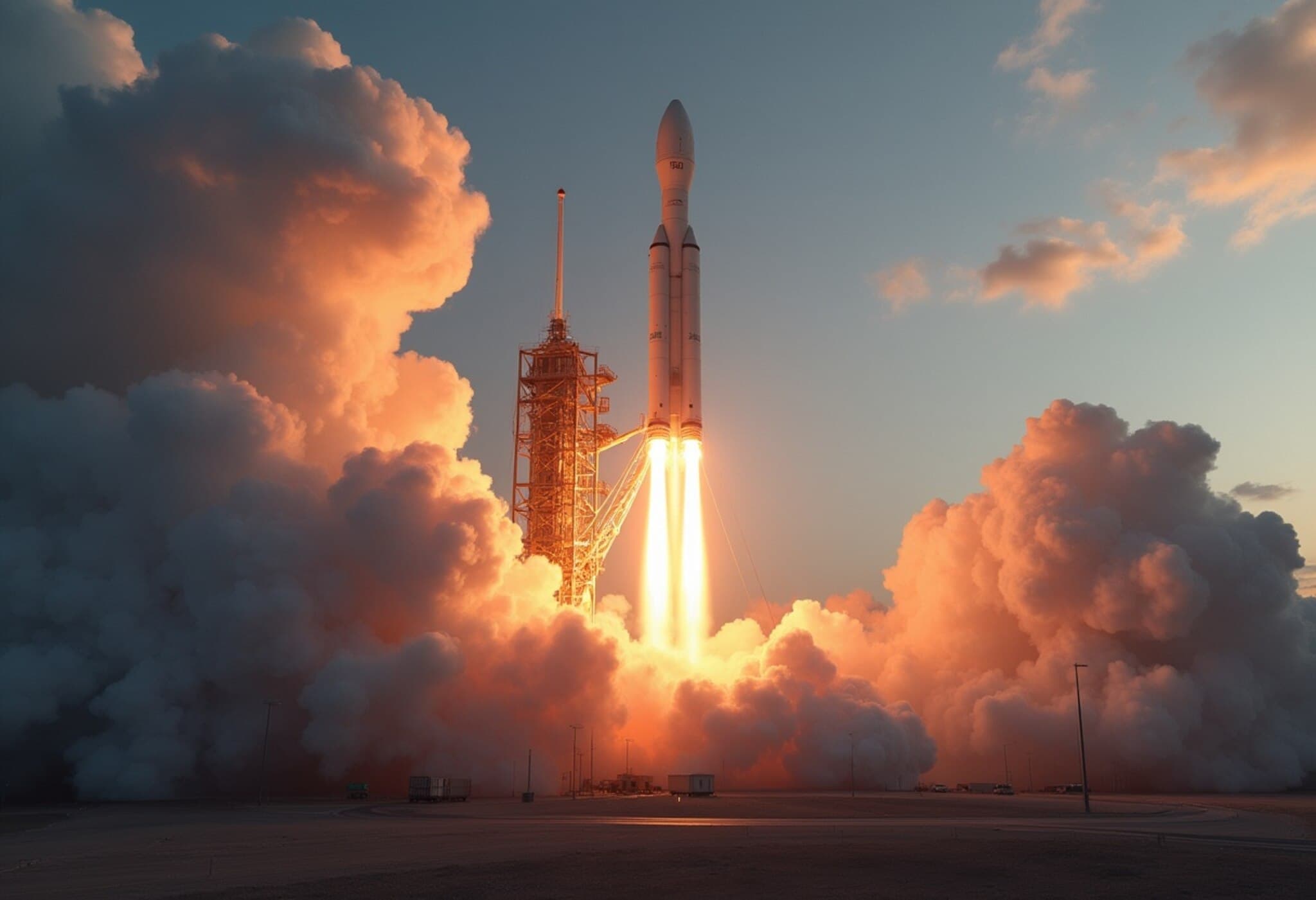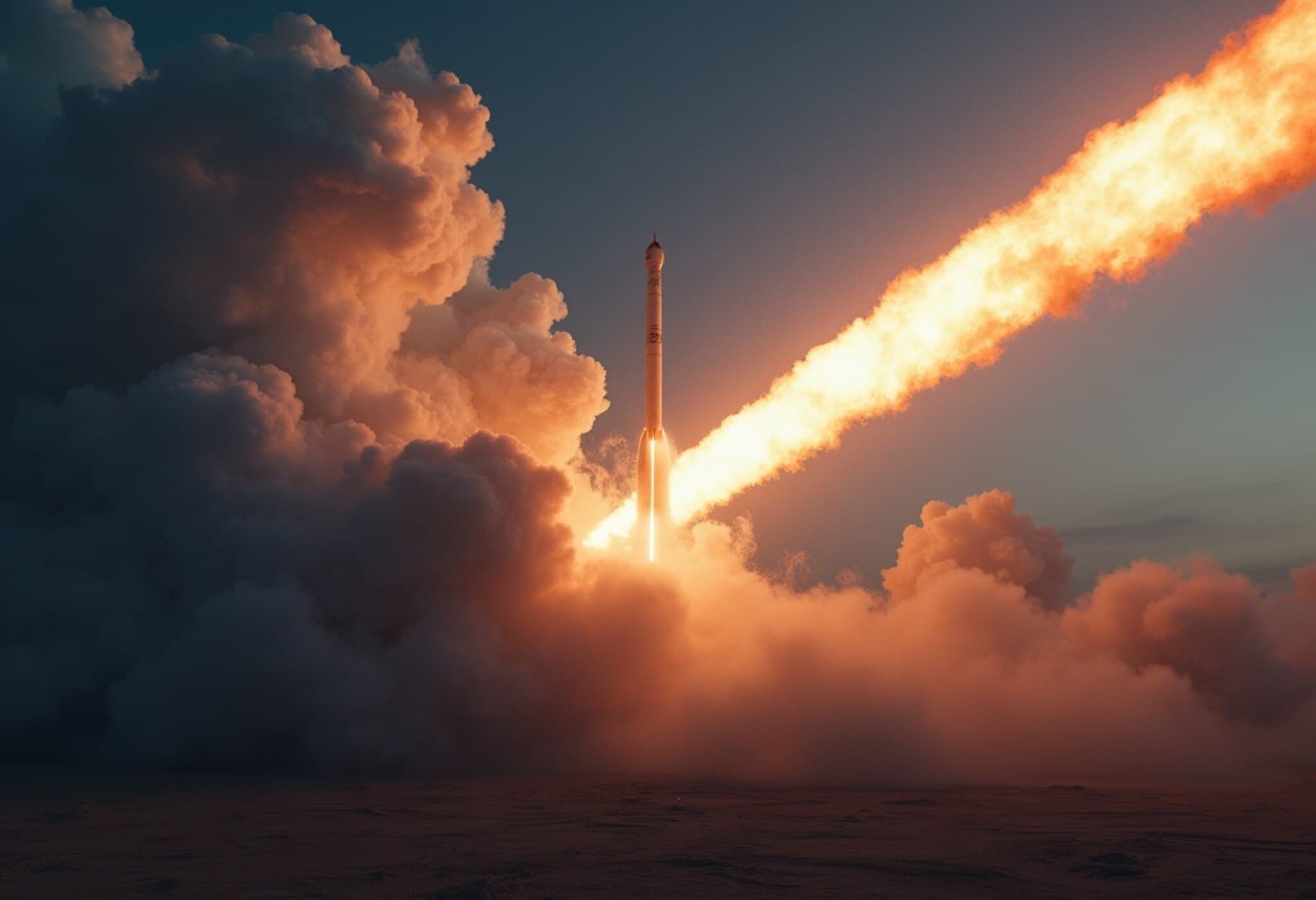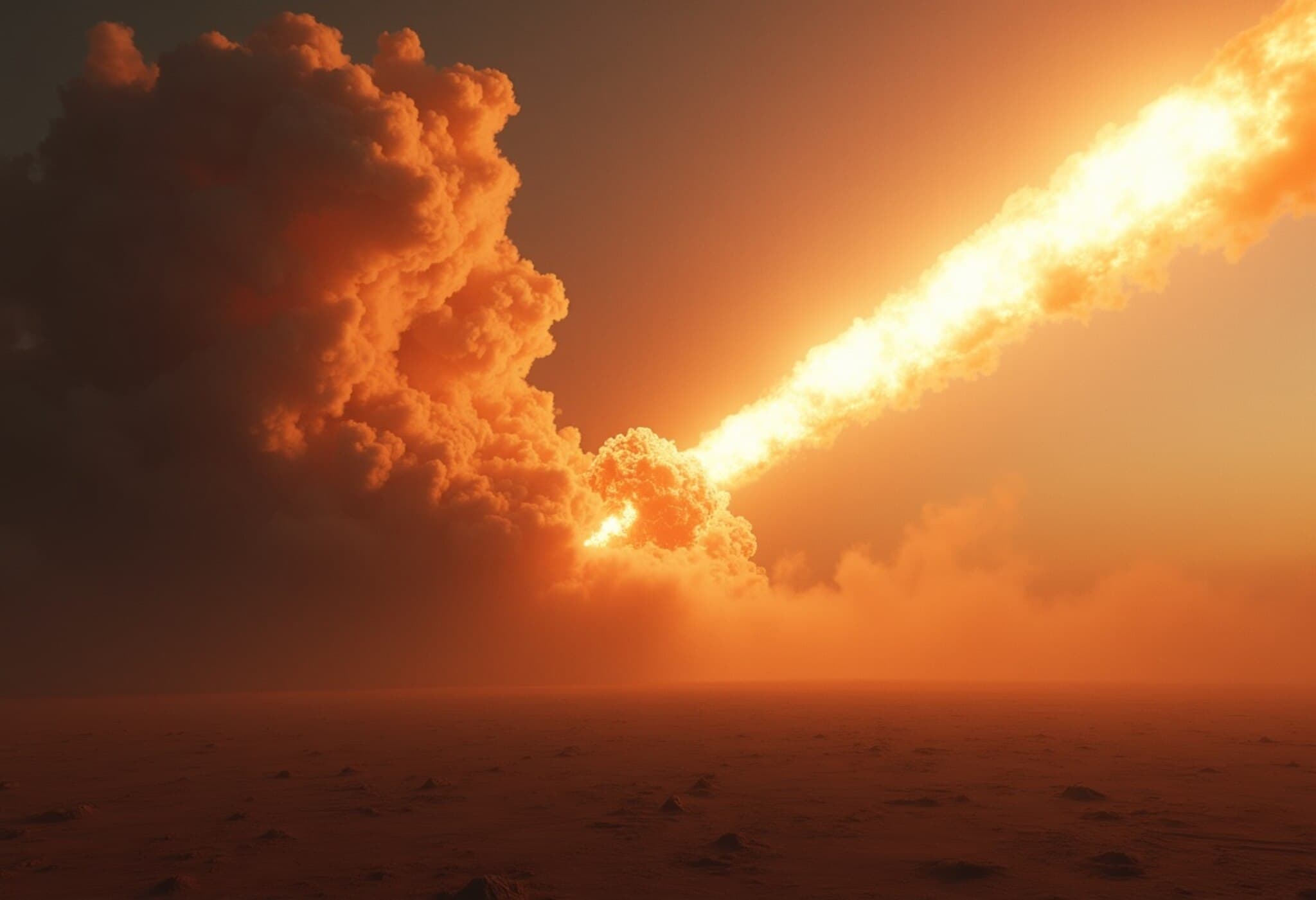US Air Force Suspends SpaceX Rocket Cargo Program Amid Environmental Concerns
In a significant development that intertwines cutting-edge aerospace ambitions with environmental stewardship, the US Air Force has announced a halt to a planned hypersonic rocket cargo delivery program involving SpaceX. The suspension stems from growing concerns over the potential disruption caused by rocket landings on Johnston Atoll, a tiny, uninhabited island located roughly 1,300 kilometers southwest of Hawaii, known for its vital seabird sanctuary.
Johnston Atoll: A Sanctuary at Risk
Johnston Atoll spans only about 2.5 square kilometers but hosts an extraordinary biodiversity hotspot for at least 14 tropical seabird species, including red-tailed tropicbirds, white terns, and various species of boobies. Conservationists warn that repeated rocket landings could severely disturb these nesting grounds, jeopardizing breeding cycles that are crucial for sustaining these populations.
According to Space.com, the military program—operated by the Air Force Research Laboratory under its Rocket Cargo initiative—aimed to demonstrate the capability of delivering up to 100 metric tonnes of cargo anywhere globally within 90 minutes, using advanced commercial rocket technology potentially supplied by SpaceX.
Environmental Backlash and Program Suspension
Environmental scientists and advocacy groups voiced concerns that the sonic booms, noise pollution, and physical impacts from rocket landings and takeoffs could disrupt the fragile ecosystem. Reports cited by Reuters further elevated scrutiny, prompting the Air Force to pause the launch tests to reassess environmental risks.
While SpaceX’s participation in the program was not officially confirmed, the company's rockets were considered primary candidates given their reusable capabilities and rapid cargo potential.
This is not SpaceX’s first encounter with environmental controversies. In April 2023, its Starship launch near Boca Chica, Texas, resulted in a powerful explosion that destroyed nests and eggs of the endangered piping plover. This incident attracted widespread criticism from environmentalists and led to regulatory scrutiny, spotlighted in major outlets such as The New York Times.
Elon Musk’s Response and Ongoing Legal Challenges
Reacting to the mounting backlash, SpaceX founder Elon Musk made light of the situation on X (formerly Twitter), tweeting, “To make up for this heinous crime, I will refrain from having omelette for a week.” The quip, drawing on the old proverb about breaking eggs to make an omelette, was seen as tone-deaf by many conservation advocates.
Conservation groups continue to challenge SpaceX legally, filing suits against the Federal Aviation Administration (FAA) over its approval of increased rocket launches from the Boca Chica site without sufficient new environmental assessments. Critics emphasize the proximity of launch facilities to protected wildlife refuges and the need for rigorous oversight to prevent irreversible ecological damage.
What This Means for Military Space Innovation and Environmental Responsibility
The suspension underscores a broader dilemma faced by aerospace pioneers and defense strategists alike: advancing rapid military and commercial space capabilities while honoring commitments to environmental conservation. As hypersonic and reusable rockets promise revolutionary logistics and strategic advantages, their ecological footprints cannot be overlooked.
Experts suggest that the Air Force's cautious approach might set a precedent in integrating stronger environmental evaluation criteria into future aerospace projects. Moreover, it highlights the emerging demand for sustainable practices in what has traditionally been an innovation-driven but comparatively lightly regulated sector.
Looking Ahead: Balance Between Progress and Protection
- Environmental monitoring: Enhanced real-time monitoring of wildlife habitats around launch sites could mitigate risks.
- Alternative sites: Exploring less sensitive geographic locations for testing may reduce conflicts.
- Policy reforms: Updated FAA regulations to mandate comprehensive ecological impacts assessments before program approvals.
- Technological innovation: Developing quieter, less disruptive rocket technologies could help reconcile operational goals with conservation needs.
In the intersection of aerospace ambition and environmental ethics lies a complex but vital challenge: ensuring that humanity’s reach for the stars does not come at the expense of Earth's most vulnerable ecosystems.


